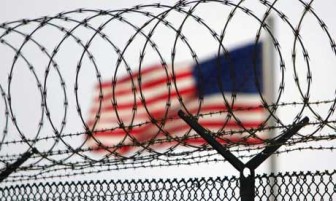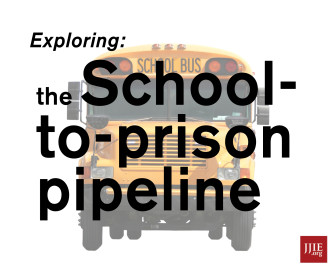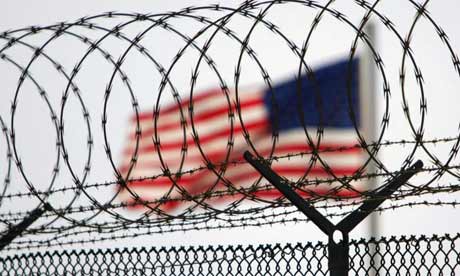 This story was produced in partnership with the Center for Public Integrity
This story was produced in partnership with the Center for Public Integrity
Meridian is not alone under the DOJ magnifying glass. In a somewhat similar case in Tennessee, the DOJ says the Juvenile Court of Memphis and Shelby County has failed to inform children of the charges against them and of failing to make sure the children know what their legal rights are ahead of questioning. Like Meridian, the juvenile court is also accused of failing to hold timely hearings.
There are varying definitions of a school-to-prison pipeline, said Jim Freeman, senior attorney at Advancement Project, a nonprofit legal action group that fights racial injustice.
“How I like to define it,” Freeman said, “is the use of policies and practices that increase the likelihood that young people become incarcerated.”
That includes at-school arrests for minor behavioral incidents, as well as what he calls more indirect actions, like suspensions, expulsions or references to juvenile court or alternative schools.
Learn more about school discipline reform trends at the Juvenile Justice Resource Hub HERE.
Such practices have grown in the last 10 to 15 years, he said. “It really started out mostly in very low income communities of color, the schools in those districts. It’s expanded pretty dramatically beyond that.”
In a high-profile Delaware case in 2009, a 6-year-old was almost suspended for 45 days for having his Cub Scout knife at school. The school board intervened to cut that to three to five days.
The combination of zero-tolerance school rules, themselves fueled by safety fears, and the kind of high-stakes testing required by the federal government “create some of these dynamics,” Freeman contended.
 Mississippi was under the high-stakes testing regime of the federal No Child Left Behind law until it won a waiver in July 2012.
Mississippi was under the high-stakes testing regime of the federal No Child Left Behind law until it won a waiver in July 2012.
Low-performing schools are under such pressure to meet testing benchmarks that some neglect the education of some struggling students, even pushing them out of school, reports suggest. Data compiled in a 2010 Advancement Project report finds that in several U.S. states, there was a link between the adoption of high-stakes testing and increased use of suspensions and expulsions.
“Race has certainly played a role in where we have elected to implement these policies and practices,” Freeman added, “I think the data is pretty clear.”
By mid-October Meridian could land in court because of the federal investigators’ allegations. The DOJ threatened to file suit by then if the city and county and state agencies don’t start “meaningful negotiations” with the federal agency.
Click here to read our in-depth story on the school-to-prison pipeline in Meridian, Miss.

I respectfully disagree with the opinion here regarding high-stakes testing and NCLB. My child and many others personally benefited from reading and writing curriculum which was mandated in the act and when the St. of GA had teachers trained it helped so many children. In my opinion, NCLB could have helped children stay out of the pipeline through literacy, and improved math skills, which is now no longer mandated in the states with the waiver. Now parents of kids with learning disabilities cannot demand Research Based Methods in the classroom during IEP meetings and this is a huge mistake. The President has refused to listen to advocates on this. Additionally, the study to which you are referring is connected to moveon.org, and they are politically motivated, so they would hate anything Bush passed through and are beholden to the teacher’s unions.